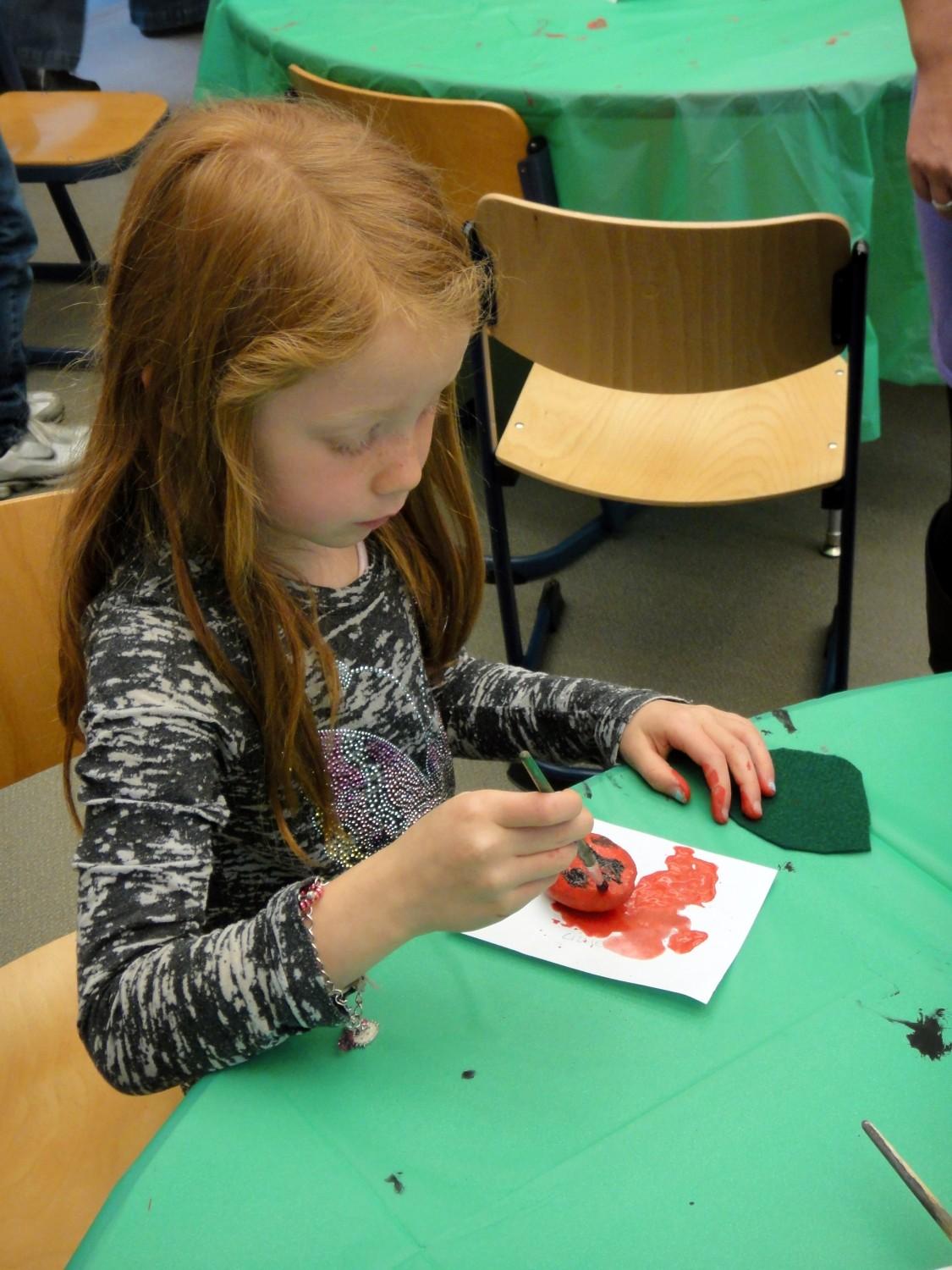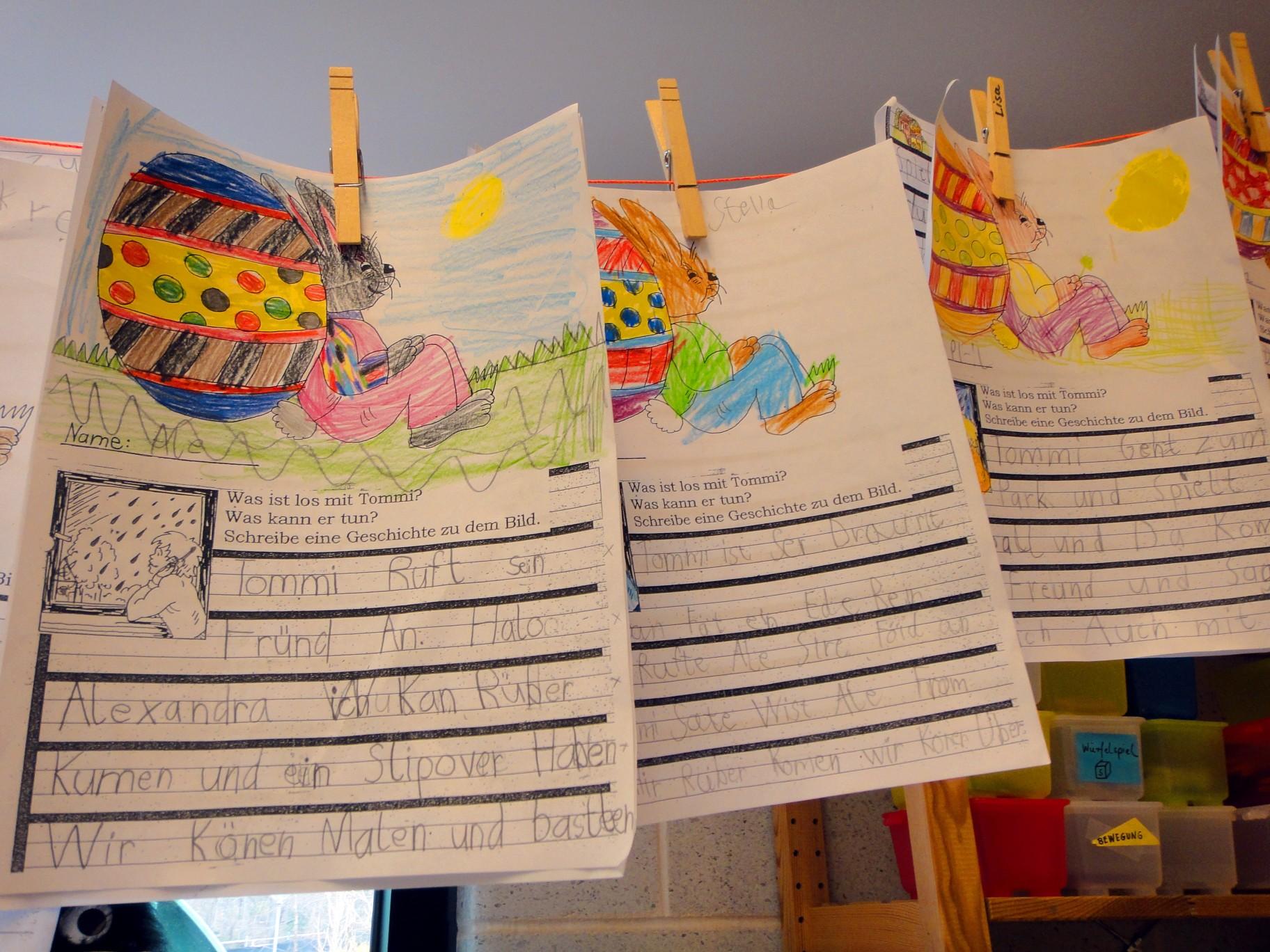Vorlesungsreihe Carla Minami The last two years have represented a wonderfully stressful and educational time for me at the German School. Why? The answer is simple: the German School Lecture Series, better known as the Vorlesungsreihe. My role as coordinator of this unique program was given to me by Herr Klaus-Dieter Bloch, Principal of the German School, from Fall 2003 until Spring 2009. I remember my surprise when Ursula Schultz first approached me regarding this responsibility. She very sociably inquired about my interest in coordinating the Vorlesungsreihe. At the time, I was hesitant to accept the role. Being a former student of the German School, and thus a former audience-member of the Lecture Series, I was already well-aware of the importance of this incredible opportunity for our students. My hesitation stemmed not from a lack of interest in the Lecture Series but instead a concern that I could not fill the considerably large shoes of my predecessors. The Lecture Series had been coordinated by three individuals before I was asked to continue the tradition: Dr. Marita Heep, faculty member of the German, Ethics and Civics departments, Mr. Christoph Zaenglein, faculty member of the German and History departments, as well as current Vice Principal, and Ursula Schultz, faculty member of the French and Spanish departments. The German School Lecture Series was initiated by Dr. Heep and former principal, Dr. Hans Klaustermeyer, in August of 1998. Dr. Heep continued to nurture the program for eight years, dedicating a great deal of time and energy to keeping the lecturers interesting and the topics diverse. Her personal vim and vigor brought the program to life, and Dr. Klaustermeyer0s presence on those early Wednesday mornings for each lecture was invaluable. As a result, an important tradition at the German School was born. While a student, I had a vague notion of the importance of this program. Later, I realized what a unique and incredibly enriching contribution Drs. Heep and Klaustermeyer made to the German School by instituting the Vorlesungsreihe. I was able to be part of a select audience of Oberstufenschüler, students of the 11th, 12th, and 13th grades, who were privileged to hear high-ranking, well-respected members of the community, political analysts, and altogether inspirational individuals talk about their
90
Fifty Years German School
work, their lives, and their interests. The plethora of issues covered kept us stimulated and piqued our interests enough to cause teenagers to listen actively, ask intelligent questions, and occasionally engage in lively debate, all before the bell signaled the beginning of first period. Believe it or not, Dr. Heep managed to get students excited about difficult subject matter at 7:30 AM1these were the days of the Nullte Stunde, after all. A few changes have taken place since that time. Today0s students are spared from having to be at school as early, while still enjoying the entertaining and intellectually stimulating presentations of our wonderful lecturers. The audience is now composed of students from grades 10 through 12. In fact, there have been additional developments that make Vorlesungsreihe more 2user-friendly3: We now have a great deal of impressive equipment, including a high-quality projector, a multi- media center, and a large screen at the disposal of our speakers. The lectures are increasingly accompanied by power point presentations, which help illustrate the specifics of a project or make the more complex aspects of a topic accessible to the students. Yes, the German School Lecture Series has grown in many ways, but its core purpose remains the same: to broaden our students0 horizons, simultaneously offering them a forum in which to learn more about various subjects, as well as potential internship and career opportunities. As a former student, it has been my honor to give back to the German School by taking over the coordination of this program for the past two years. Thus, it came as no surprise to me that so many other members of the alumni were eager to do the same. In recent years, the German School has been visited by numerous former students. These incredible products of Chateau Drive have gone on to become Master0s and PhD candidates in such fields as anthropology, politics, engineering, biology, to name a few. It has become evident that the Vorlesungsreihe is a venue for former students to give back to the school and an important tool for keeping the DSW connected with the amazing environment in which it is located. As Dr. Heep once asked me: What is the purpose of being situated in the suburbs of Washington, D.C. if we don0t take advantage of the rich cultural, political, and intellectual community it offers?












































